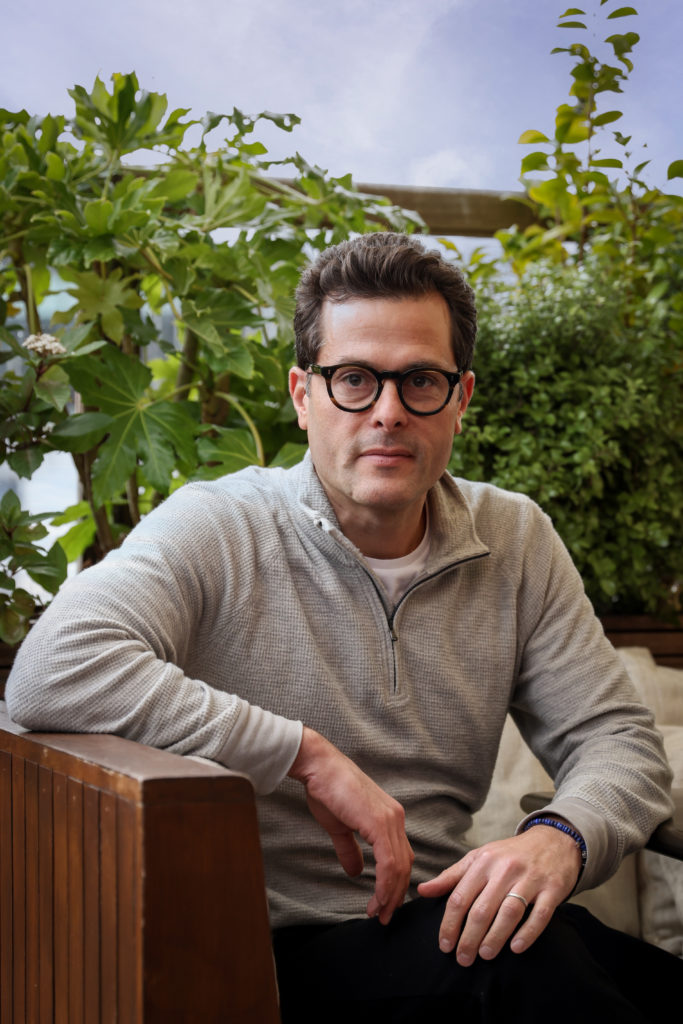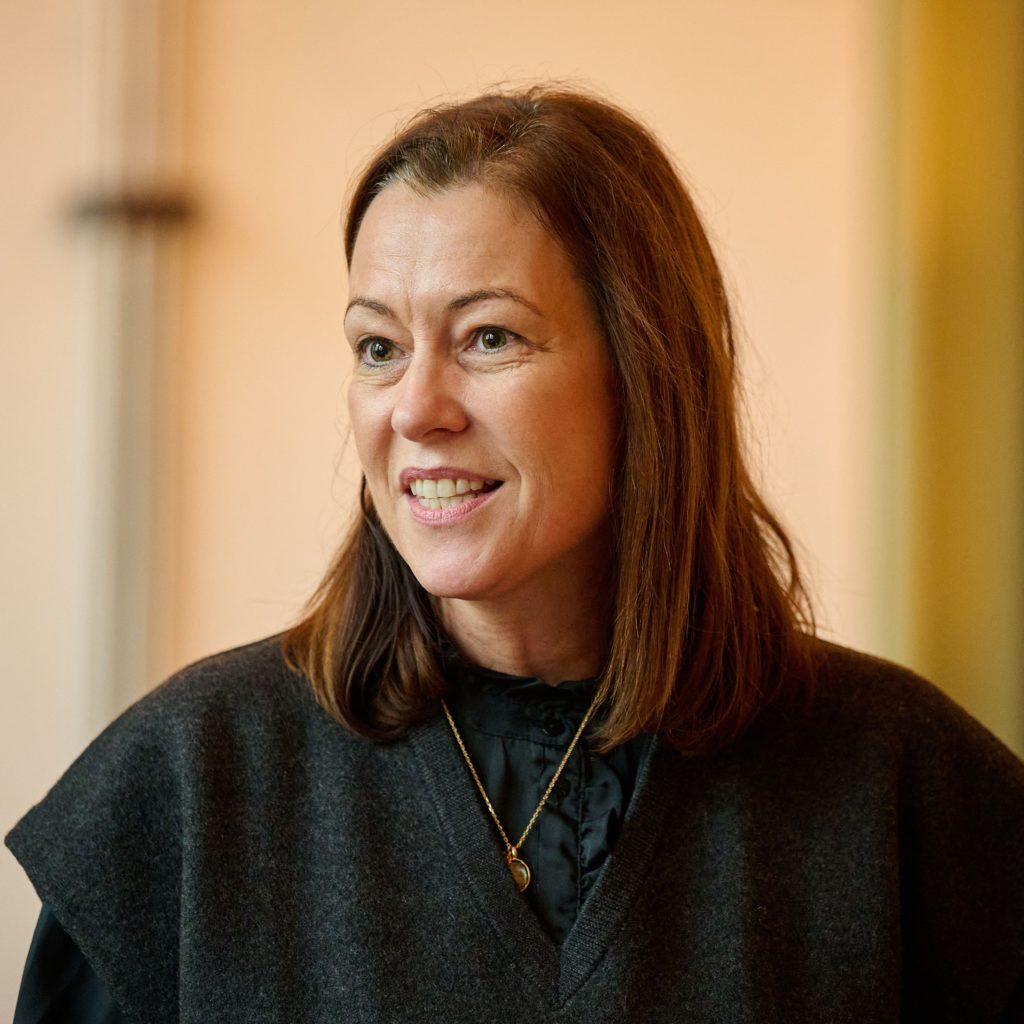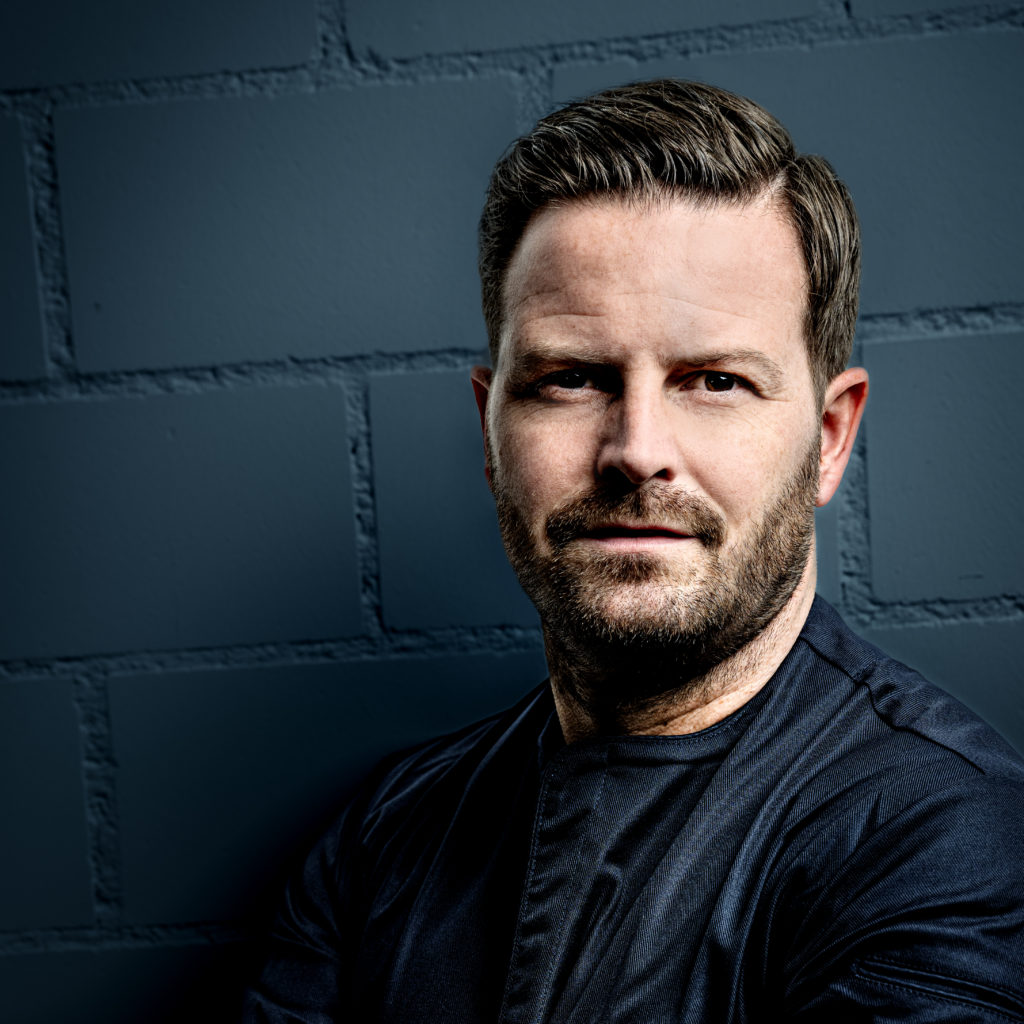25
Naureen Ahmed
Founder of Inspiring Women in Hospitality
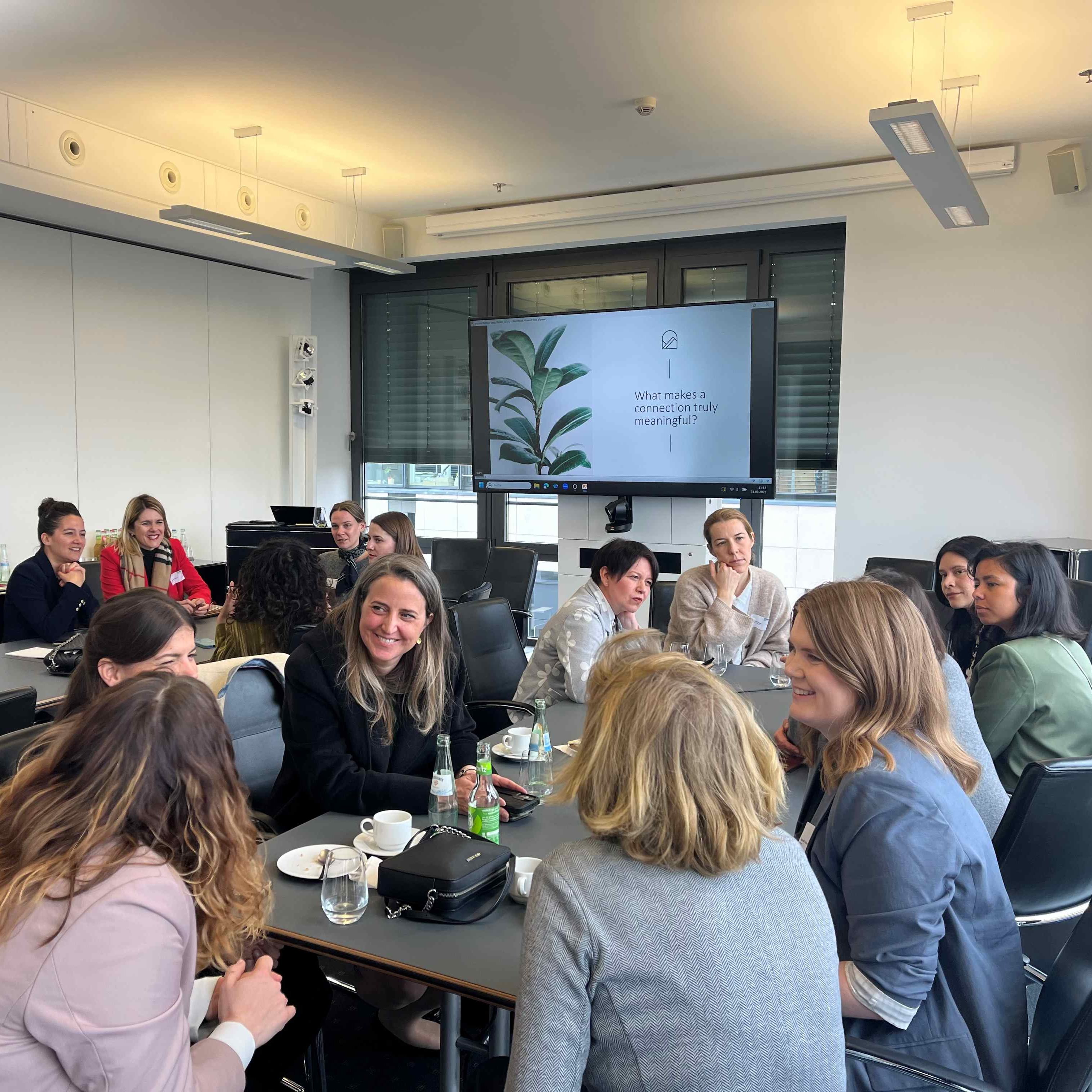
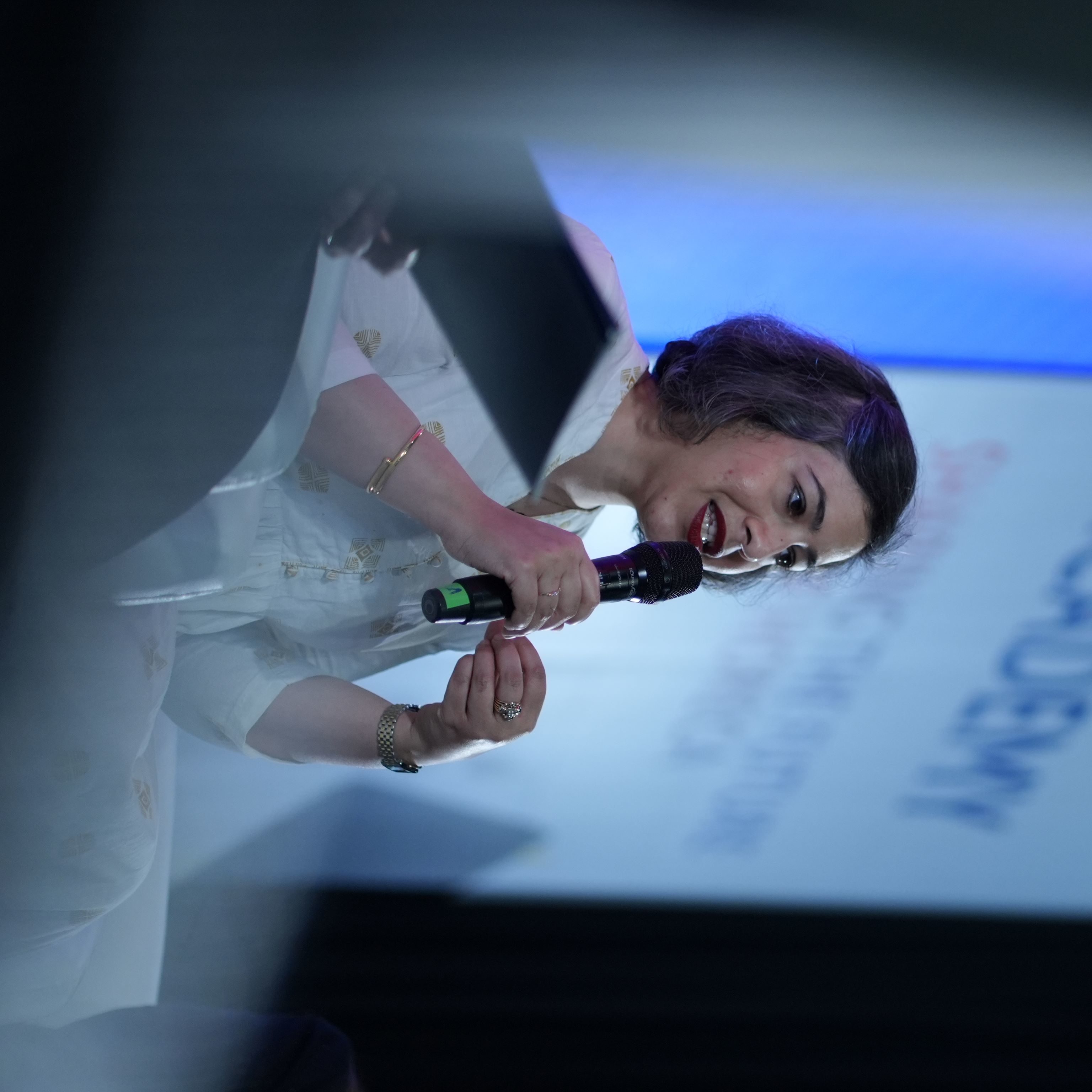
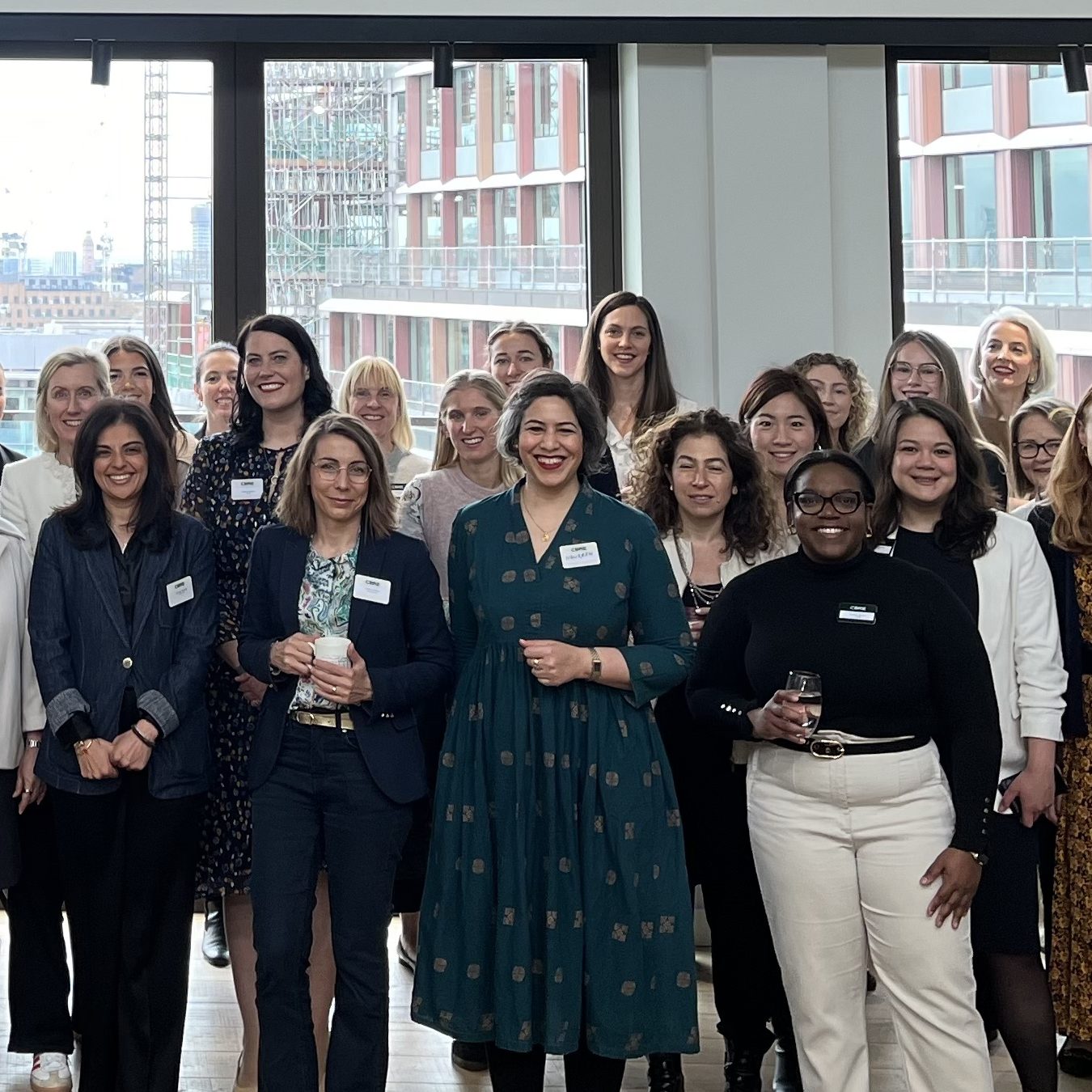
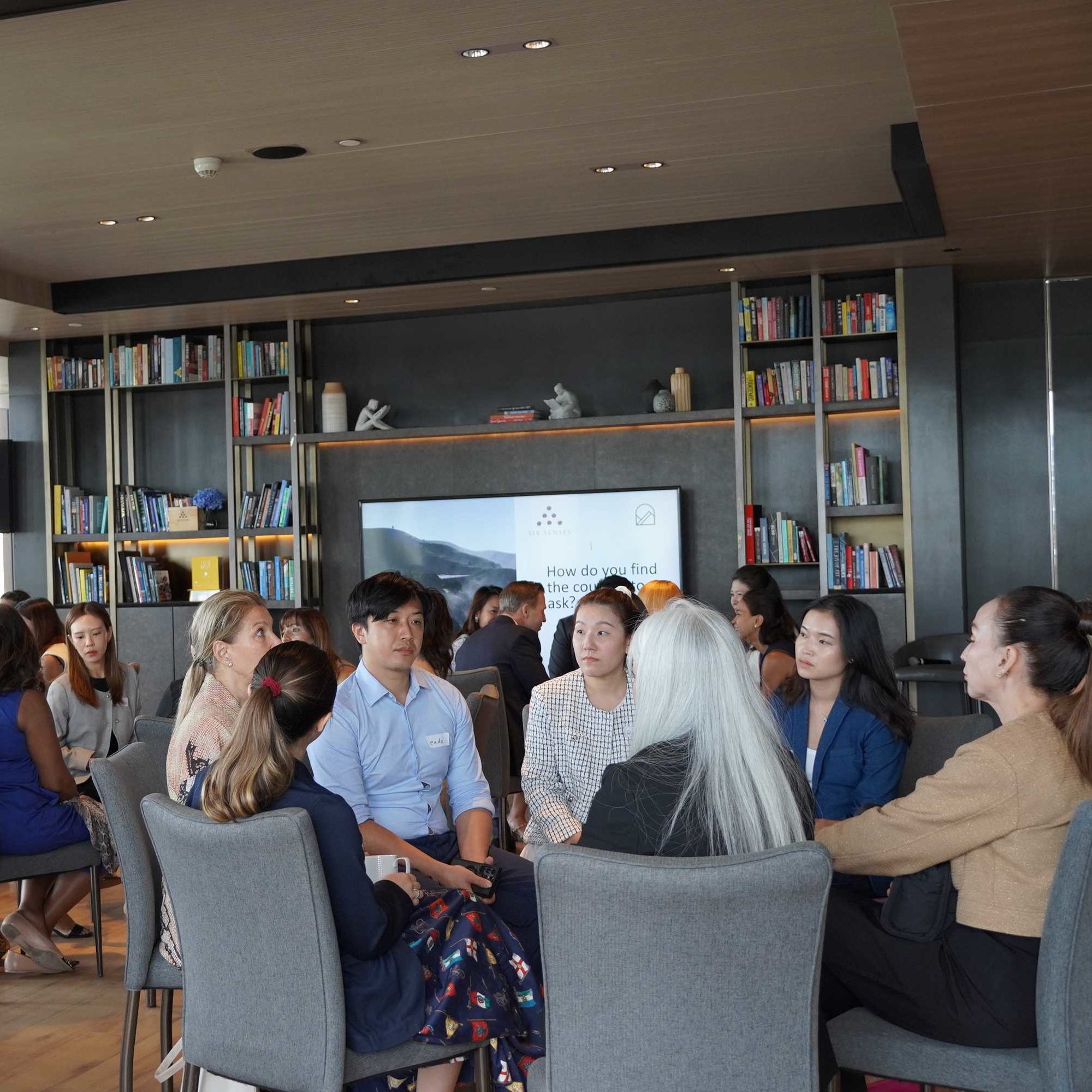
Hospitality was never going to be just a job for me. It was where I stopped being the odd one out.
Do you remember the moment when hospitality stopped being just a job and started to feel like a place where you could make a difference?
I think I’ll answer this question in two parts. The first part is that hospitality was never going to be just a job for me. Growing up, we moved around a lot, and then in high school we went back to Bangladesh where my dad’s from. I was always the odd one out there.
My brother and I had mixed heritage. We’d already lived in three countries before that, and we had a grandmother in Switzerland that we visited every summer. All my school friends, however, were born and raised in Bangladesh and had never known anything else. I always felt like a misfit.
So, coming into hospitality was a natural progression. Once I arrived at hotel school, I knew I had found my place. Everyone else had a weird story like I did, and I didn’t feel like the odd one out anymore.
In terms of making a difference, I don’t think I thought about that in my twenties. I had a sheltered upbringing and was still learning about myself. Later in my career, I started noticing gender representation gaps and realized something needed to be done. I had always been drawn to stories of strong female leaders in books and movies, and this inspired me to start sharing stories of women in our industry. I believe everyone has the capacity to be inspirational, you just need someone to believe in you.
As you just mentioned, you grew up in several countries. How has that shaped your way of thinking about hospitality, about community, and about women?
I’m always grateful that I had the opportunity to live and grow up in many different countries. Travel opens your mind. It makes you flexible, open-minded, adaptable. You learn that there’s not just one way of doing things, there are many ways.
You also learn respect: respect for each other, respect for cultures. That’s a really important part of hospitality, where you’re exposed to so many different people and ways of living. You learn a lot about the world through colleagues you work with and guests you interact with, especially in service.
A friend reminded me the other day that people are also brought together through food. Food and dining are wonderful parts of hospitality that really help shape you as an individual as well.
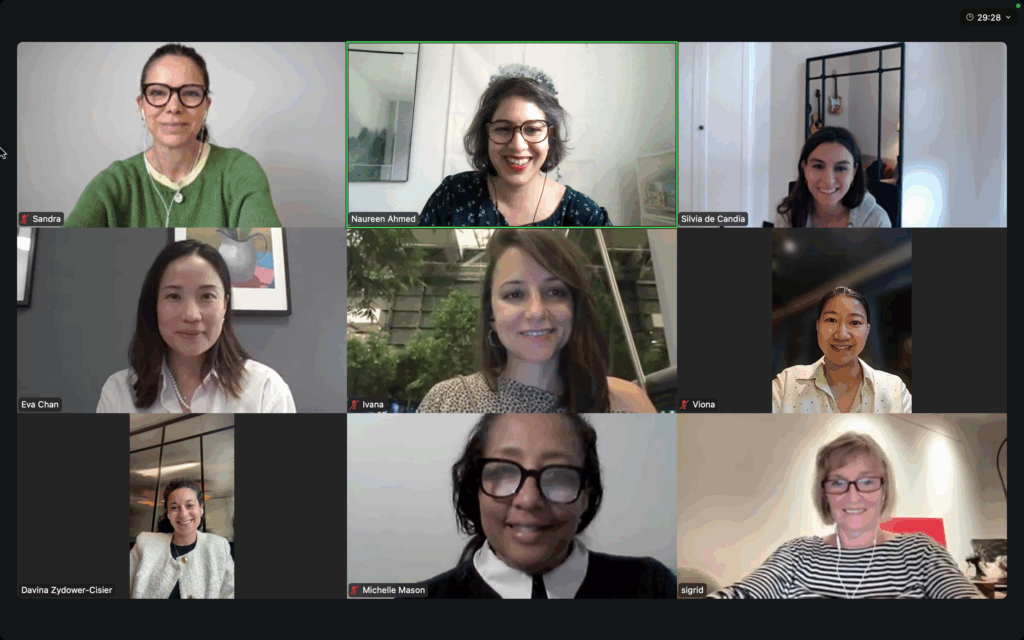
Visibility isn’t optional. If career progression matters to you, you have to self-promote and self-advocate.
After university, where did you start your career?
I was still on my learning journey at that point. I just said yes to the first opportunity that came my way. I moved to London. In hindsight, probably not the best idea, moving to a big, expensive city on an intern salary. I would not recommend that to anyone.
I ended up staying there much longer than planned, almost 15 years. I started in hotel operations, did the management training program, then moved into revenue, as I was always good with numbers. Later, I transitioned to STR, the data analytics and benchmarking company for hotels, where I spent the next 12 years.
Was there a moment that pushed you to step into leadership?
I don’t know if there was one moment, but I knew I needed to build my visibility and my position within the organization if I was going to make an impact.
When you don’t really think about your career, you just follow the path, from one role to the next, getting promoted. I don’t think I consciously planned it, but it felt very natural to me.
Listening made me a far more effective leader than speaking ever did.
How did you get in touch with workshops and the topics you now talk about: self-esteem, leadership, visibility?
It started with the podcast, Inspiring Women in Hospitality, about five years ago. I wanted to create a platform for our stories to be heard and voices to be shared.
I was so inspired by those conversations. The theme was always to understand career journeys: how do you move from one position to another? I felt that was the biggest struggle, figuring out how to take that next step or opportunity.
Once I left my corporate career about three years ago, I fully dedicated my time to understanding the differences in career progression between genders, and how women can be successful. Certain themes come up consistently for women: visibility, perfectionism, people-pleasing, overthinking.
That’s what guides my topics, workshops, and content. The first thing I always highlight is visibility: we have to self-promote, self-advocate, and create visibility for ourselves internally and externally if career progression matters to us.
What change do you see in your participants?
The biggest change is visibility, creating opportunities for them to be visible. There are only a handful of big events globally, and while LinkedIn or even Instagram can help, the reality is that women in corporate roles are already so busy. Add young kids into the mix, and it falls further down the priority list.
So, by creating spaces like workshops, roundtables, and events, I help women connect in ways that aren’t happening organically. They form connections, have safe spaces to talk about careers, and most importantly, they realize: “I’m not the only one.”
It’s bittersweet, I don’t want anyone to feel isolated in their career, but those connections boost self-esteem, confidence, and courage to move forward.
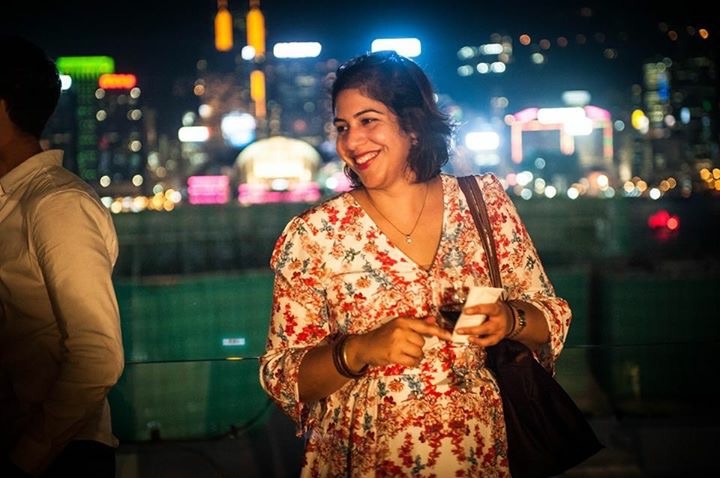
I don’t want anyone in hospitality to go through their career feeling alone.
So many industry events are handshakes, business cards, lots of men. You do something different during your events. Can you tell us about that?
You’re absolutely right. At most networking events or conferences, it’s a handshake, a business card exchange, and then nothing.
I don’t want anyone to leave my events without a meaningful connection. So, we always center events around a theme, and everyone has to get involved. No passive listening.
In smaller formats, we do roundtables of 8 to 10. In larger events, we might start with a panel but then break into “conversation circles” of 5 to 6 people. Each circle has a topic to discuss, and groups rotate so everyone meets.
I also run events where participants practice pitches, whether for a business case or something they’re advocating for, with guidance from admired women in the industry. You engage, you participate, you connect deeply.
I challenge people to ask better questions at networking events. Instead of, “What do you do?” ask, “What’s the most exciting project you’ve worked on recently?” or “What’s coming up that excites you?” It creates richer conversations.
Can men participate in your workshops or circles?
Absolutely. We’ve started opening some events to men, because they are still major players in the industry, and change needs everyone’s involvement.
We’re mindful of ratios, though. Research shows when it’s all women, conversations are most open and vulnerable. A few men in the room doesn’t change much, but when men outnumber women, the dynamic shifts.
Feedback from men has been positive: many are exposed to these topics for the first time, and they appreciate a space to have honest conversations.
While Inspiring Women in Hospitality is dedicated to women, I also run another channel, In Conversation With, where I invite both men and women from across industries.
I want to create a culture of women supporting women so we can lift each other up together.
On your podcast, you speak with women from all kinds of backgrounds and career stages. Can you tell us a little about who you’re talking to?
I’ve been fortunate to interview over 200 women worldwide in different roles, companies, and countries. We talk about what got them into hospitality, their career journeys, and, for the 50% who started businesses, how and why they made that transition.
My final question is always: who inspires you? It could be anyone, female, male, even an inanimate object.
What mattered to me was not just interviewing the most senior women. I believe anyone can be inspirational. Often, women think they don’t have an interesting story, but when they share, it’s incredible. Many have never reflected on their story like this, and it becomes a moment of pride.
I’ve been doing this for five years, and I almost want to revisit the early guests to see what’s happened since.
Do you have a piece of everyday advice for teams or companies to encourage women in hospitality to aim for leadership positions?
First: create spaces where you listen. Truly listen, no distractions. That was what made me effective as a leader. Empathy is key.
Set clear goals and expectations, and make sure your team knows the mission. And if you say you’ll do something, do it. Be honest when things change.
For women in particular, listening creates belonging. On a practical level, companies need to think about flexible working. That could mean four-day weeks, flexible hours, or job sharing, especially in leadership roles.
Research shows CEO tenures are shorter now across industries because of pressure and stress. If we make leadership roles more flexible, we’ll see more women stepping into them.
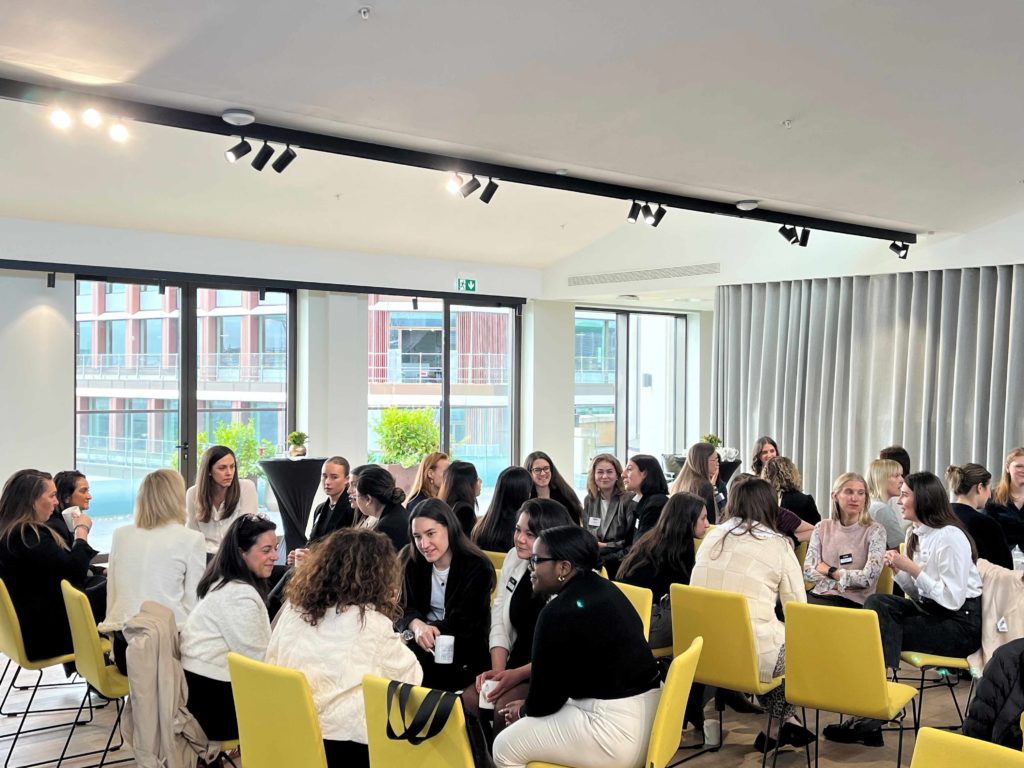
For those learning about Inspiring Women in Hospitality for the first time, what’s the one thing you’d love them to take away?
When I started the podcast five years ago, I never imagined it would grow into events, workshops, or a membership community. It’s been shaped organically with input from the industry.
But the vision has always been the same: gender balance at all levels of hospitality. It’s a lofty goal, but it’s the standard we should aim for.
For individuals, success means different things at different life stages. But if you come across Inspiring Women in Hospitality, I want you to know: you are not alone.
It’s about creating spaces to come together, grow, and support one another. As I move into version three of this initiative, with more in-person meetups, my goal is to build that community and a culture of women supporting women, lifting each other up together.

